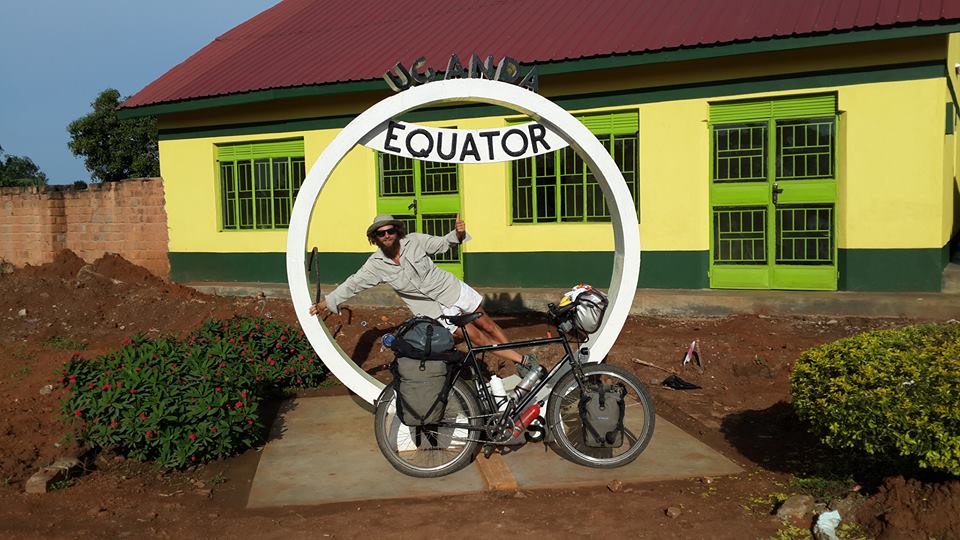
South African Cycles Across Africa for Rhinos
John Stanford arrived in Cape Town on 4 August, following a gruelling bicycle ride of 15,200 km from London to the Mother City, undertaken to raise funds and awareness for the conservation of rhinos and an end to poaching. He and a friend left Putney Bridge in the UK in October 2014 and made their […]

John Stanford arrived in Cape Town on 4 August, following a gruelling bicycle ride of 15,200 km from London to the Mother City, undertaken to raise funds and awareness for the conservation of rhinos and an end to poaching.

He and a friend left Putney Bridge in the UK in October 2014 and made their way through Europe to Ethiopia together, where they parted ways. Stanford continued his journey solo through the remainder of Africa to reach Cape Town.
“The rhino situation is dire,” Stanford told Eye Witness News. “And I wanted to create awareness and try to make a difference.
“Through his ride, he supported organisations such as Save the Rhino International and Outraged South African Citizens Against Rhino Poaching (Oscap).
Speaking to the press on his arrival in Cape Town, John said he was uncertain how much money had been raised. “I am not too sure about the figures at the moment,” he explained. “A lot of people made promises, a lot of my colleagues in the UK said ‘finish the trip and we’ll make a donation’, so people want to see you hit the target, then they’ll donate.”
Survival game
In each country, he mainly ate food the locals ate, Stanford explained, but he also carried a stove with him to cook simple things like rice. “I was carrying a tent, a hammock, and different types of camping gear so I could pretty much camp everywhere.
“And in Cape Town, the first thing Stanford wanted to do was have lunch with his family. “I’m going for lunch with my dad and family…we’re just going to have a relaxing time and then I’ll take some time off.”
Poaching stats
Increased poaching over the last decade has severely reduced the numbers of rhino. The animals are killed illegally for their horns, which some believe carry medicinal properties.
According to Save the Rhino 1,215 rhinos were killed in 2014, up from 13 in 2007. That means one rhino is killed every eight hours.
Source: www.southafrica.info
